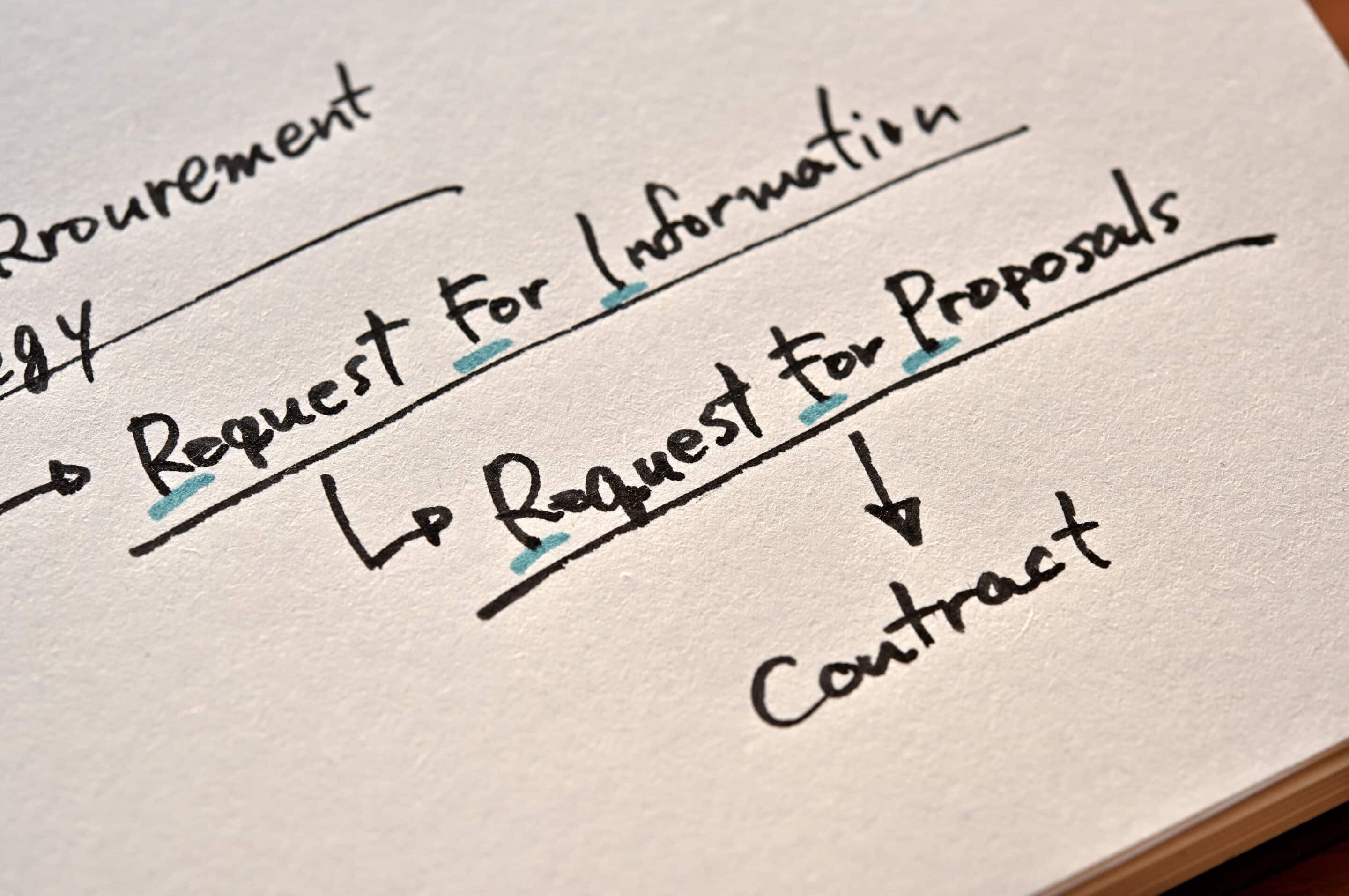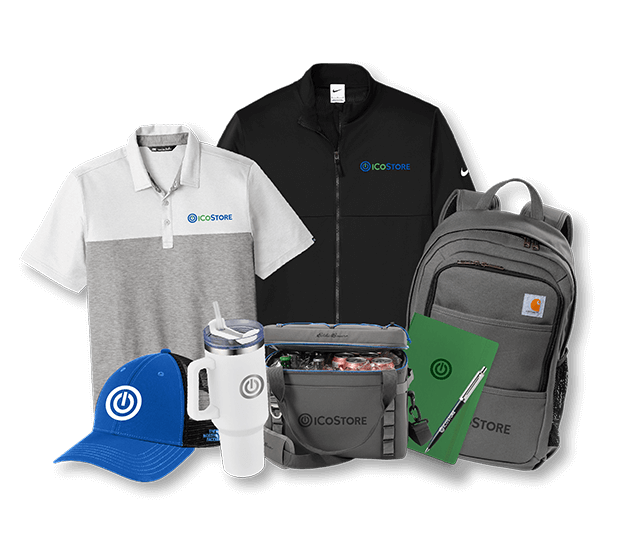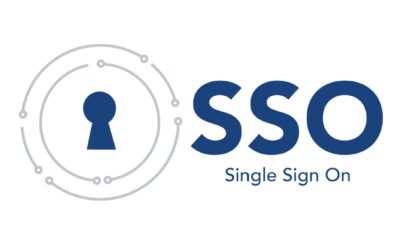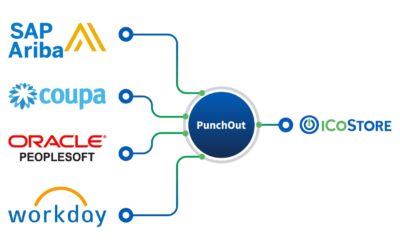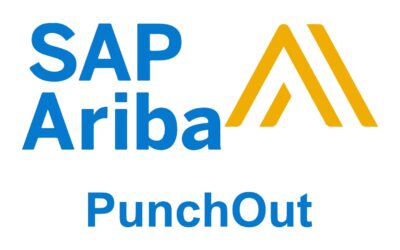As mentioned, all distributors purchase from the same factories, so everyone will offer the same swag. The products themselves don’t determine which distributor you select to run your program. You are looking for the people, experience, approach, solutions, and service when selecting your vendor, not products. Understanding their philosophy on inventory is a crucial differentiator between companies. This will determine how your store functions, the quantity and type of items that can be added to your store and your investment in the program.
Inventory Swag Store
If your distributor manages your program the traditional way, they will work with you very carefully on product selection and limit what can be added. All items will be decorated and stored in a warehouse, and you are financially responsible for all unsold items. This method is the easiest way for companies to run and manage swag store inventory.
- Product Selection: Smaller due to the cost of carrying inventory. Your store volume will determine the quantity of items that can be included in your store.
- Selecting Products: Must be precise since there’s little room for error.
- Adding New Products: Dependent on selling older items first.
- Apparel Inventory: Limited due to the cost of stocking various sizes.
- Advantages: Quick shipping if items are in stock.
- Suitable for programs with limited use and fewer options.
- Ideal for swag-focused programs rather than apparel.
On-Demand Swag Store
This growing method requires a company with the technology and infrastructure to handle on-demand production. Only a few companies specialize in this today. It offers a robust selection of brands, styles, colors, and logo options without pre-decorated items, minimizing risks and liability.
- Selection: Unlimited options for apparel, bags, hats, and some swag with no minimums.
- Flexibility: Ability to try new items and offer seasonal options without risk.
- Multiple Logos: Can add various logos to any item without minimums.
- Advantages: Numerous, with today’s technology eliminating the need for stocking apparel inventory.
- Suitable for company stores with employees across multiple departments needing swag and apparel for different purposes.
- Ideal for providing a great selection with no liability.
By carefully considering these factors and understanding the differences between inventory and on-demand programs, you can make an informed decision that aligns with your company’s needs and goals.
Reporting Features
- Access to real-time reports: Inquire about available reports and ease of access.
- Custom report options: Determine if customization is offered and if so, any associated charges.
- Inventory and cost visibility: Ensure you can track current inventory levels and associated costs.
Inventory Management
- Inventory liability: This is a crucial consideration to avoid getting stuck with unsold items. Be sure to understand the details and buyback requirements. Typically you own all of the inventory in your store if it doesn’t sell.
- Inventory ownership: Clarify who owns the inventory and the purchase process for unsold items.
- Excess inventory: This can be a business retention strategy for many companies. If you have so much decorated inventory at the end of your contract, you can’t afford to leave and your only option is to extend the contract, even if you don’t like the vendor.
Invoicing
- Roll-ups: Determine if the distributor offers consolidated billing for multiple orders within a timeframe.
- Payment methods: Understand store payment options (credit card, points, cost centers, GL codes, PO, gift cards, etc.) and any associated fees.
- Data collection: Can they collect information about the buyers through SSO and push it to your invoice?
- Push to your accounting system: Inquire about their ability to electronically transmit invoices directly to your accounting software.
Contracts
- Ask for a Contract Early: Request a copy of the contract early in the evaluation process. Reading the contract can provide significant insights into the vendor’s terms and conditions.
- Contract Term: Determine the term of the contract. A 3-year term is standard, especially for inventory programs.
- Penalties for Breaking the Contract: Understand the penalties for breaking the contract if the vendor isn’t performing as expected. This can protect you from unforeseen costs if you need to terminate the agreement.
- Charges and Fees: Be aware of all charges. Hidden fees can be common, so ensure all potential fees are listed in the contract for clarity.
- Inventory Considerations: Inventory is a critical part of the contract. Understand your responsibilities and the terms related to decorated inventory that doesn’t sell.
- Purchase Responsibilities: Clarify when you are required to purchase unsold inventory.
- Sale of Unsold Inventory: Confirm if the vendor will put unsold inventory on sale to move it.
- Purchase Price: Negotiate and understand the price at which you must purchase unsold inventory. Do you get a discount from the list price on the store?
- Approval of Inventory: You must approve all inventory and quantities before they are added to the store or reordered.
- Impact on Vendor Changes: Recognize that inventory can lock you into a vendor, as you may need to purchase all remaining inventory before switching to a new vendor. This can be a significant cost and surprise if you are not on top of it. Inventory is a great way for distributors to keep you as a client, because you can’t afford to leave, so you must resign a multi-year contract.
Understanding these aspects will help you make an informed decision and avoid potential pitfalls in your vendor relationship.
Important Online Swag Store Features
When shopping for a vendor and store platform, there are many features on the market that you should be aware of. Not all of them will pertain to your specific program, but you should be educated on what is possible and the advantages of each.
- On-Demand vs. Inventory Model: Determine whether products will be in stock, produced on demand, or a hybrid model. Understand the inventory commitment if choosing an inventory model. Set a cap on total inventory and clarify ownership and purchase responsibilities for unsold items.
- Technology: Investigate the distributor’s technology platform. Check if they own or rent the platform and how customizable it is to your requirements. Ensure it offers all the features needed for a successful program. For key features, ask for a demo and don’t assume they understand exactly what you need.
- Product and Brand Offering: Explore potential limitations due to vendor-specific store platforms. Some factories build stores for distributors, but you can only buy their brands.
- SSO (Single Sign-On): Provides a streamlined user login experience for secure access.
- Live Inventory: Real-time stock visibility for accurate product availability.
- Multi-Language: Cater to a diverse workforce with multilingual store functionality.
- Gift Notes at Checkout: Allow for personalized gift messages for customer orders.
- Building Kits as Products: Offer pre-configured product bundles for purchase in the store.
- Points/Budgets: Implement reward programs or spending limitations for users.
- User and Order Approval: Establish approval workflows for purchases.
- Monthly/Weekly Billing: Consolidated billing with detailed reports for easy accounting integration.
- Bulk Shipping: Combine shipping for multiple orders packaged individually but shipped together to reduce shipping costs.
- Warehousing Capabilities: Determine whether warehousing is on-site or off-site and if it is contracted or company-run.
- Customer Service: Evaluate their customer service procedures and response times.
- Quality Control: Determine who inspects your merchandise (distributor or third-party decorator).
- Custom Graphics and Design Capabilities: Assess their ability to create custom artwork for your store.
Evaluating your Current Online Swag Store
Have you ever wondered how your current online company store stacks up against other stores? You are in luck because we built an Online Company Store Assessment Tool that will provide a comprehensive report with insights and suggestions for working with your current vendor or finding a new one. Take the 8-minute assessment to receive a detailed evaluation of your current program with suggestions for improvement. If you want to discuss your results or seek advice, feel free to reach out, even if we’re not the right fit for your company. We want you to be armed with knowledge so you can find the right solution for your program.
Conclusion
By carefully considering these factors, you can confidently identify the right distributor to manage your online swag stores. Remember, product costs are just one aspect of the equation. Evaluating the entire program, including service quality, technology, inventory management, and overall integration capabilities, is crucial.
This document aims to equip you with the knowledge to ask the right questions and avoid common pitfalls when selecting a vendor. Be diligent: request demos, seek references, and thoroughly research potential partners. Investing time upfront to find the right vendor will pay off, saving you time, money, and many headaches in the long run.
